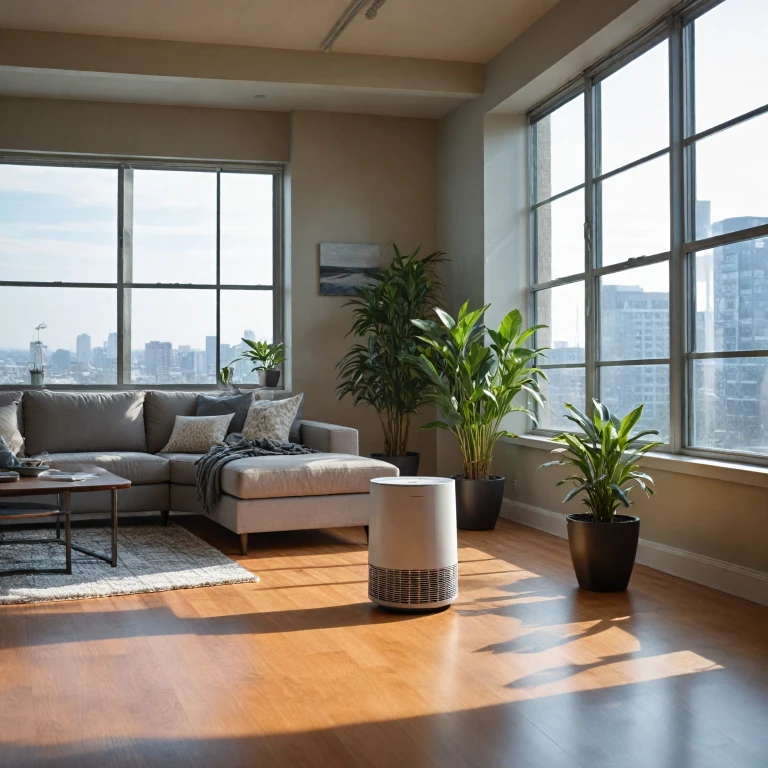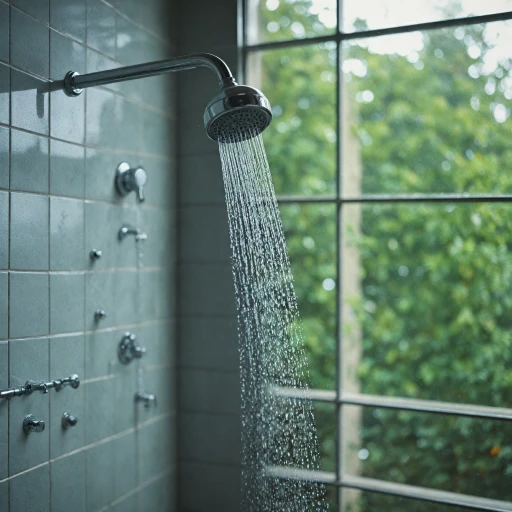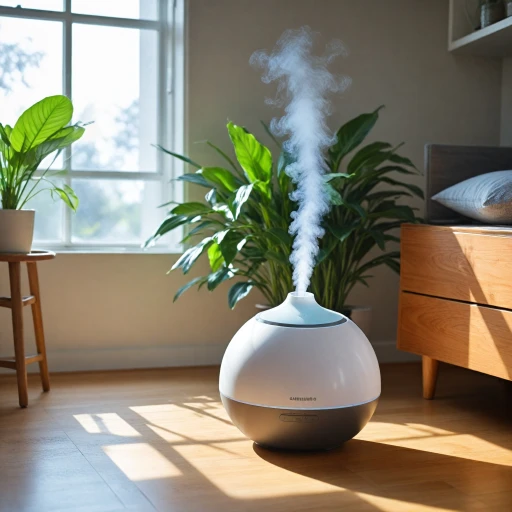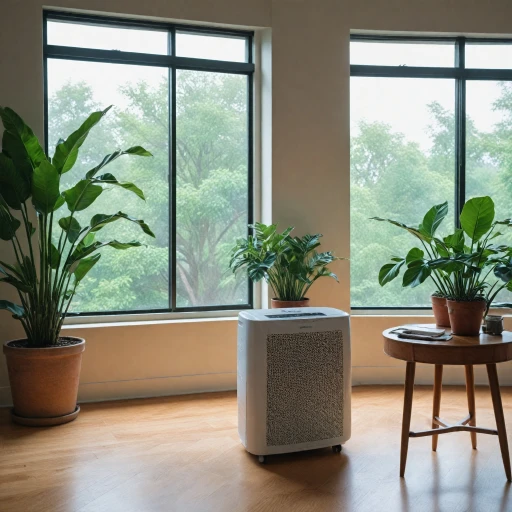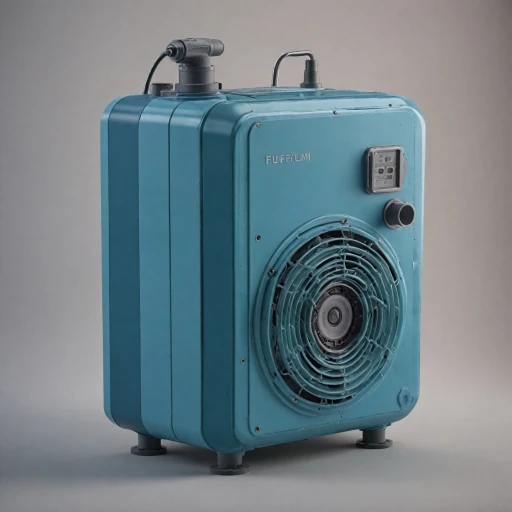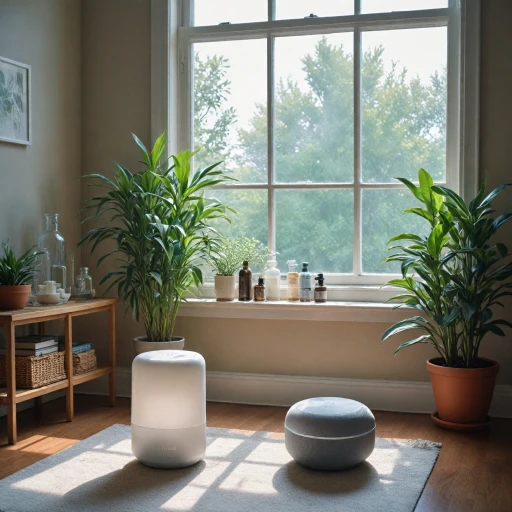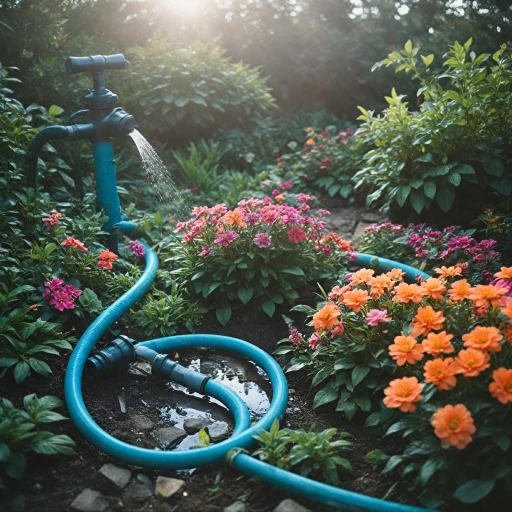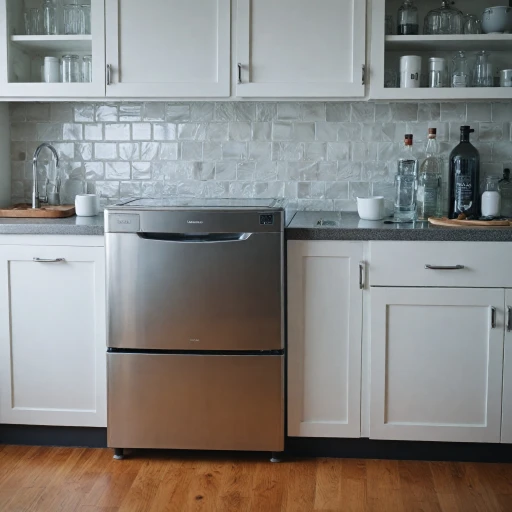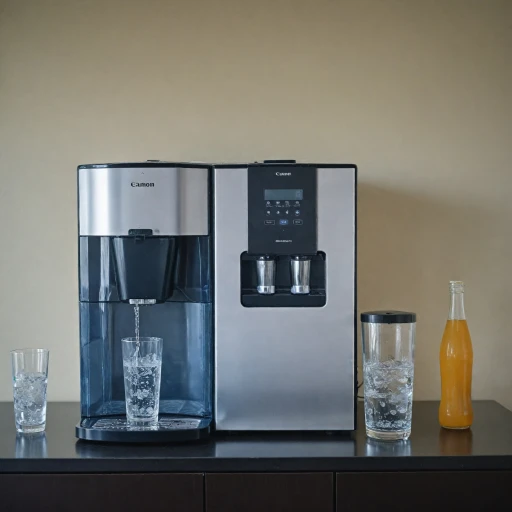Understanding the Need for Commercial Air Cleaners
The Importance of Air Quality in Commercial Spaces
In recent years, the significance of maintaining indoor air quality in commercial environments has taken center stage. With countless employees and customers frequenting these spaces daily, it's crucial to prioritize air cleanliness and health standards. The need for high-quality air purifiers has skyrocketed, driven by our increasing understanding of the negative impacts of pollutants such as smoke, allergens, and volatile organic compounds on both health and productivity.
Addressing Health Concerns
Poor air filtration systems can lead to a host of health issues, from minor irritations to severe respiratory conditions. For businesses, this translates to increased employee absenteeism and reduced productivity. Commercial air cleaners significantly reduce these risks by efficiently removing particulates and odors. Systems equipped with HEPA filters and carbon filtration are especially effective in tackling pollutants and enhancing air quality.
Beyond Health: The Economic Angle
While the original price of commercial air purifiers might appear steep, their long-term economic benefits often offset the regular price or even a sale price. By improving air quality, businesses can enjoy enhanced employee performance, leading to better overall productivity. Additionally, these purifiers can extend the life of HVAC systems by reducing the build-up of dust and particulates, which can incur costly repairs or premature replacements.
Key Features of Effective Commercial Air Cleaners
Essential Attributes of Outstanding Commercial Air Purifiers
When considering a commercial air purifier, certain features are paramount for ensuring an effective air filtration system. To navigate the various options and improve indoor air quality, these aspects should be carefully evaluated:
- Filtration Technology: At the heart of any air cleaner is its filtration technology. Essential filters include HEPA air filters and carbon filters, which are critical for removing particulate matter and neutralizing smoke and odors. HEPA filters capture fine particles, while carbon filters are particularly effective in adsorbing volatile organic compounds and other gaseous pollutants.
- Air Flow and Coverage Area: Measured in Cubic Feet per Minute (CFM), airflow is a determinant of how effectively a purifier can cleanse an area. Commercial spaces require high-CFM units to ensure that all air in the space is continually filtered. Assessing the coverage area will help determine the appropriate system for large or ceiling-mount installations.
- System Customization and Features: Advanced air purifiers offer features like adjustable fan speeds, automatic sensors that measure air quality levels, and programmability for operation during peak times. These enhancements not only optimize performance but also ensure energy efficiency and cost-effectiveness.
- Build Quality and Reliability: Given the investment in a commercial unit, focus on products from trusted brands known for durability and minimal maintenance needs. Daikin is an example of a reputable provider whose commercial air purifiers are designed for long-term usage.
- New Innovations: Staying informed about the latest technological advances in air purification can further enhance air quality in commercial settings. Innovations may include smart automation or integration with HVAC systems for more comprehensive air management.
For more details on improving indoor air quality, consider reading about enhancing indoor air quality with a fresh air purifier.
Technological Advances in Air Purification
Emerging Technologies in Air Purification
The rapid pace of technological advancements in air purification products has led to remarkable innovations that enhance indoor air quality. Commercial air purifiers today come equipped with cutting-edge features that promise increased efficiency and effectiveness.- High-Efficiency Particulate Air (HEPA) Filters: Recognized for their ability to capture up to 99.97% of particles as small as 0.3 microns, HEPA filters remain a cornerstone in air filtration systems. These filters are adept at trapping smoke, allergens, and other airborne contaminants, significantly improving air quality.
- Activated Carbon Filters: To target odors and volatile organic compounds (VOCs), many commercial air purifiers incorporate activated carbon filters. With the ability to hold hundreds of pounds (lbs) of activated carbon, these filters work effectively as smoke eaters, making them essential in environments with high pollution levels.
- Advanced Air Flow Capabilities: Measured in cubic feet per minute (CFM), air cleaners are now designed to provide optimal air turnover rates. Higher CFM ratings ensure that the purifier can handle larger spaces efficiently, maintaining consistent air quality throughout the area.
- Integration of Smart Features: The latest commercial air purifiers often include smart capabilities such as remote monitoring and operation through apps. Some models even offer real-time indoor air quality updates, alerting users to changes and allowing for seamless adjustments.
- Innovative Mounting Options: To save valuable floor space, ceiling mount systems have become increasingly popular. These solutions maintain high efficiency while staying unobtrusive, perfect for commercial settings with spatial constraints.
Choosing the Right Commercial Air Cleaner for Your Space
Identifying Your Specific Needs
Choosing the right commercial air cleaner can be a daunting task due to the sheer variety of products available. Factors like the size of the space, specific air quality issues, and budget constraints play a critical role in the selection process.
Space and Coverage Area
The first step is to assess the size of the area that requires air purification. Calculate the square footage to determine the Clean Air Delivery Rate (CADR) needed. High quality commercial air purifiers will offer specifications on their CFM (cubic feet per minute) capabilities, allowing you to match it with your space requirements. For extensive areas or particular needs like smoke control, units such as smoke eaters might be considered. Additionally, ceiling mount options might be practical for certain commercial spaces.
Filtration Needs
Understanding the types of pollutants present in your environment is crucial. HEPA filters are effective for removing dust, pollen, and dander, while activated carbon is essential for odors and volatile organic compounds (VOCs). For complete air filtration, opting for a system that offers both HEPA and carbon filters is advisable. For larger spaces or higher demands such as high-volume smoke removal, models with more lbs of carbon media are often recommended.
Budget Considerations
Every purchase should fit into your financial plan. Consider products that offer excellent performance at a reasonable price. Comparing regular price, original price, and sale price can guide you to reasonably priced options without compromising on quality. Moreover, pay attention to shipping costs, as many retailers might offer free shipping on select air purifiers. Brands like Daikin provide reliable options, but always cross-check the current price and any discounts available to make an informed decision.
Energy Efficiency and Noise Levels
Aside from upfront costs, check the ongoing operational expenses, including energy consumption. Energy-efficient models reduce long-term expenses and environmental impact. Additionally, ensure that the air cleaner operates quietly, especially in settings where noise can disrupt operations or comfort.
Maintenance and Operational Tips for Optimal Performance
Tips for Keeping Your Commercial Air Cleaner Running Smoothly
Maintaining a commercial air cleaner is crucial for ensuring optimal air quality and prolonging the lifespan of the system. Whether you're using a Daikin unit or another brand, the following practices can aid in achieving the best performance.- Regular Inspection of Filters: Routinely check HEPA and carbon filters for any signs of wear or clogging. For heavy-duty applications like smoke eaters or air scrubbers, inspect these more frequently. Changing filters as needed ensures effective air filtration and maintains the CFM (cubic feet per minute) efficacy.
- Routine Cleaning Protocols: Gently clean the exterior and interior parts of the air purifier. Ensure that air vents are unobstructed. Dust buildup can hinder the effectiveness of your air cleaner.
- Follow Manufacturer Guidelines: Each commercial air purifier—whether ceiling mount or otherwise—comes with specific maintenance instructions. Adhering to these guidelines, especially concerning the service intervals, can prevent system malfunctions.
- Understand Operational Limits: Be aware of the purifier's capacity in terms of room size and air volume. Overburdening the system can lead to decreased air quality and diminished filtration efficiency.
- Electrical Component Checks: Regularly ensure that all electrical components are functioning properly. Securely attached cables and operational indicators can prevent unexpected downtime.
- Service Alerts: Some advanced air purifiers come with smart sensors or alerts for maintenance needs. Pay attention to these signals to address any issues before they escalate into more significant problems.
Evaluating the Cost-Benefit of Commercial Air Cleaners
Weighing the Financial and Health Aspects
Investing in commercial air purifiers can be a significant decision, especially when considering the balance between costs and benefits. Here are some important factors to consider:
- Initial Investment vs. Long-Term Savings: While the original price of a high-quality air cleaner might be substantial, such as advanced models from well-known brands like Daikin, the long-term savings through improved air quality can outweigh the upfront costs. Reduced medical expenses from fewer allergies and respiratory issues should be part of this calculus.
- Improved Air Quality and Productivity: Cleaner air, thanks to HEPA filters and systems that handle large volumes like those offering 500 CFM or more, can lead to healthier and more productive occupants. For commercial spaces frequented by many people, this improvement can significantly boost workplace efficiency.
- Operational Costs: Regular maintenance, including filter replacements—whether it's a carbon filter for odors and smoke or a HEPA air purifier for particulates—can affect ongoing expenses. However, these costs are often justified by the cleaner air and better filtration quality achieved.
- Feature Comparisons: Some air purifiers might come with additional features like smoke eaters or air scrubbers, contributing to better indoor air quality but could also influence the regular price. Assess whether these added functionalities justify the current price or the sale price during promotions.
- Free Shipping and Installation Options: Take note of retailers who offer incentives like free shipping or installation services. Choosing a ceiling mount air filtration system might include additional setup costs unless covered by such perks.
- Environmental and Health Benefits: Finally, the broader impact on health and the environment shouldn't be overlooked. By reducing pollutants, a commercial air purifier not only improves indoor air but also contributes to a healthier planet.
Evaluating these factors thoroughly can help outline the potential returns on your investment in commercial air cleaners, ensuring both financial and health benefits are maximized.
